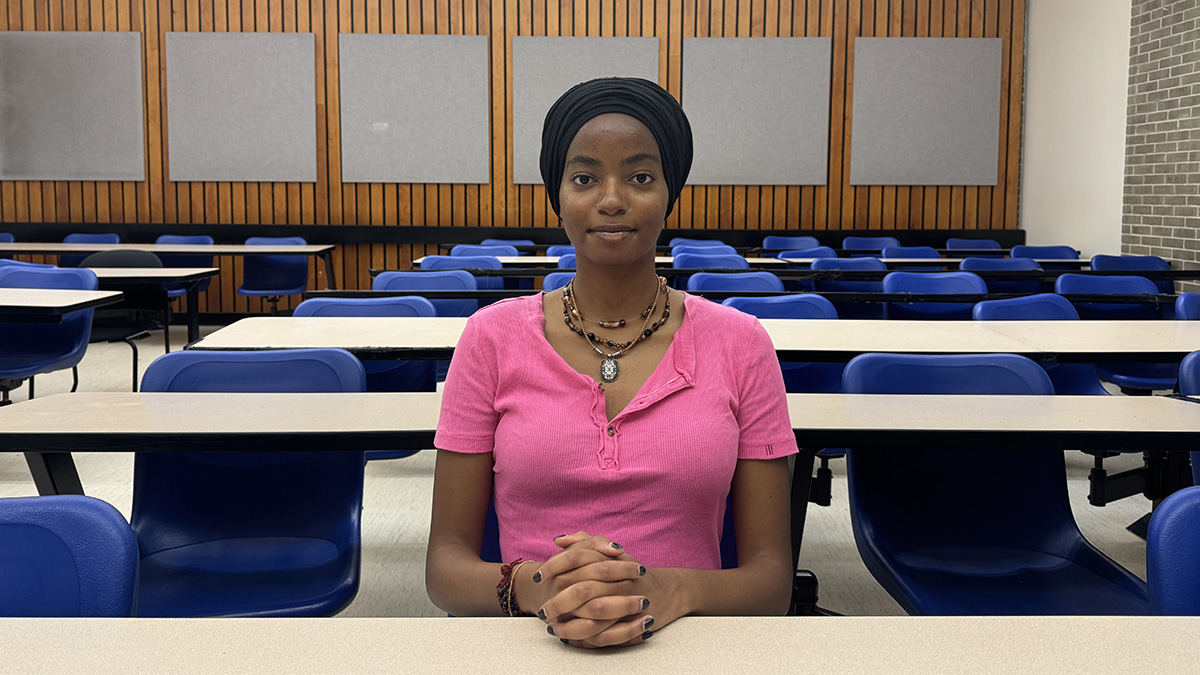International students in Ottawa say they face financial burdens and mental-health challenges as a result of the work limit imposed by the federal government.
The restriction to 20 hours a week was reinstated in May 2024 after a temporary reprieve had allowed students to work up to 40 hours per week during the pandemic to reduce the financial burden they faced amid the rising cost of living and increased tuition fees.
According to the Canadian Bureau for International Education, there were 1,040,985 international students in Canada at the end of 2023.
“Most [countries] limit the number of working hours for international students. Canada’s rules need to be aligned or we will find our programs attracting more and more applications whose primary intent is to work and not study,” Immigration Minister Marc Miller told the CBC last spring.
As the more restrictive policy sinks in this school semester, many international students say they are struggling.
Chelsea Nguyen, a third-year international student from Vietnam in the Communication and Media Studies program at Carleton University, said the cost of living for international students is very high and has taken a significant toll on her mental well-being.
“It’s very difficult for us, international students, to maintain good academic performance and keep our scholarships while worrying about earning enough money to cover living expenses, as we don’t want to rely on our families,” said Nguyen. “Especially for those whose families are facing financial difficulties.”
Nguyen’s tuition is a prime example. While domestic students at Carleton University pay around $8,447 a year for a Bachelor of Communication and Media Studies degree, international students such as Nguyen pay $34,321 annually.

Esther Wegoye, an international student from Uganda studying Global and International Development at Carleton University, said it can be overwhelming to balance academic responsibilities with financial pressures.
“I truly understood the toll that stress takes on your mind, on your body. I couldn’t think, I couldn’t sit down, I couldn’t do anything, I couldn’t eat,” said Wegoye. “I was just trying to figure out how to get the money for rent.”
Wegoye said the more restrictive work policy is frustrating and added that international students’ well-being is not being considered in Canada.
Wegoye said many international students feel intense pressure because their parents work hard to pay the high tuition fees. This financial stress, she added, makes everything even more difficult.
In a news release last spring, Immigration, Refugees and Citizenship Canada said that international students enrich Canada’s social, cultural, and economic fabric, so it was reforming the International Student Program to ensure system integrity and protect students from fraud and financial vulnerability.
“As international students arrive in Canada, we want them to be prepared for life here and have the support they need to succeed. However, first and foremost, people coming to Canada as students must be here to study, not work. We will continue working to protect the integrity of our student program,” Miller said at the time.
Yi Ding, an international student from China who is studying Construction Engineering Technician at Algonquin College, said the financial challenges he faced made him wonder whether his study abroad is worthwhile. He said international students’ fees are higher than those domestic students face, and it is impossible to maintain a decent standard of living through part-time jobs.

“When there was no limit on working hours, I used to try to work 30 hours or more per week,” said Ding. “I found that working for such a long time would put me in a state of fatigue during non-working hours, which directly led to a decline in my academic performance.”
Nguyen said studying in Canada requires a significant sacrifice of health, such as staying up late to study and waking up early for work.
While Ding says students can reach out to free psychological counselling available at school, Wegoye is concerned that the resources available in Canada are insufficient to meet their needs.
In response to the mental health challenges faced by internationals, the International Student Services Office of Carleton University has encouraged students to reach out for support regarding “immigration advising, health care coverage, and any other questions they may have about adjusting to life in Canada.”
The current limit of 20 hours per week could potentially increase to 24 hours, Miller told the CBC, but no official change has been made as of yet.
Students remains skeptical that an additional four hours would make a difference. “I don’t think the impact is very big,” said Ding.




